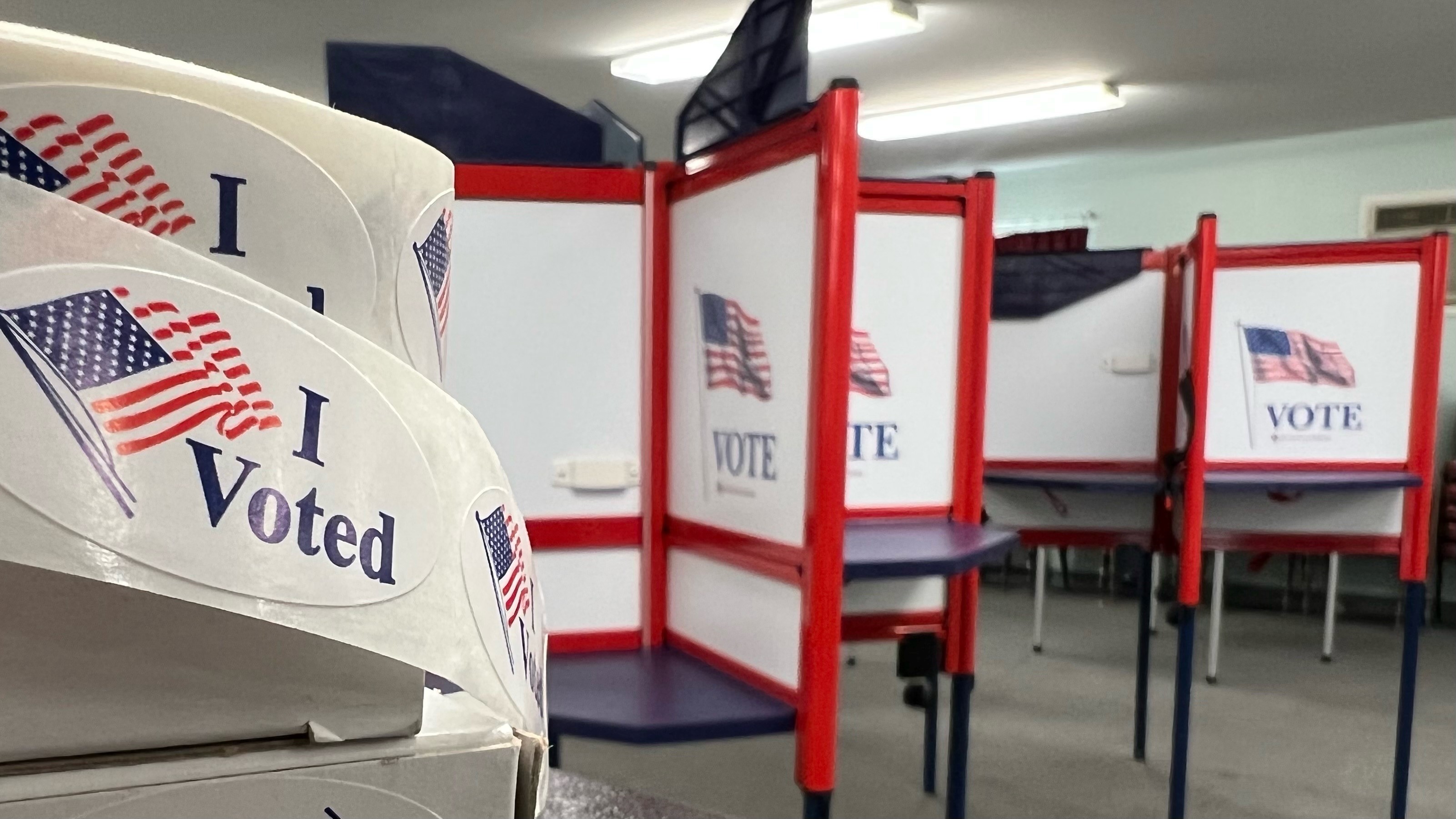The pandemic could set back U.S. students an average of six to nine months in their learning, according to a recent report by consulting firm McKinsey and Company. Instructors and parents have weighed in on the shortcomings of class during COVID-19, and now students are sounding off.
NBC Connecticut Investigates recently asked more than 200 school districts across the state for any surveys they conducted about COVID-19 and its impact on education. Eleven shared their data with us, which did not identify teachers, parents, or students.
One of the surveys asked open-ended questions of high school students on a variety of topics.
Six high schoolers joined us for a video chat to discuss some of the answers that came up in that survey.
The panel includes Shea Dempsey from Rham High School, David Talbot from Bacon Academy, Tahmir Murphy from Loomis Chaffee, Josh Smith from Plainville High School, Gabriel Torres from New Britain High School, and Shelimar Cruz from Connecticut River Academy.
ON BEING ON CAMERA: “I have very bad anxiety, and it felt overwhelming."
The surveys indicated issues with remote learning, in particular being on camera during video chat. One survey respondent said, “I have very bad anxiety, and it felt overwhelming”.
Local
Tahmir Murphy agreed with that comment to a point. She said, “As you can see yourself that kind of just put something in the back of your mind try make sure you look ok you look interested it's just a little bit added stress.”
Josh Smith said he feels similar to Murphy, “The fact that they can isolate everyone out and only look at me then that kind of makes me stressed out.”
David Talbot was less concerned about being on camera. He said, “I think about it like if it was just in school anyways people are gonna see my face if I’m talking.”
ON ACCESS TO INSTRUCTORS: “This made it difficult for me to get clarification for me on assignments, material, etc.”
Another issue some students mentioned was not enough access to instructors. One student in the survey we obtained said, “This made it difficult for me to get clarification for me on assignments, material, etc.”
We asked Shea Dempsey if she agreed with that comment: “It just depends on the teacher for me, but some can take a couple days and it's stressful waiting for a reply.”
It’s perhaps one reason most of the students we spoke with, and the ones who took the surveys, seemed to prefer class in person.
“I could ask questions if I’m in person and they can help me right then and there,” said Shelimar Cruz.
ON DISTRACTIONS AT HOME: “I think I did better because when I was working there wasn’t actual people distracting me like my friends and it was easier to focus.”
Another reason some prefer in class instruction? Too many distractions when learning at home. One student in the surveys we obtained said “I think I did better because when I was working there wasn’t actual people distracting me like my friends and it was easier to focus.”
We bounced that comment off student David Talbot, who prefers to be in school.
“I mean I have like my PlayStation right next to me I can just play games I can watch Netflix. I'm in my room so I can really do whatever I want.”
A few students in the surveys said with online learning their grades have improved, or at least remained on par with what they were before COVID-19.
Student Josh Smith said he agreed. “I actually prefer something like videos and worksheets other than like live classes because I like going at my own pace.”
ON LEARNING TO ADAPT: “In the beginning, online learning was a really big challenge, but it started to improve halfway through, because I started to find easier ways to do things.”
And online learning does get simpler, according to most, but not all, the students we spoke with. A student in one of the surveys we obtained said: “In the beginning, online learning was a really big challenge, but it started to improve halfway through, because I started to find easier ways to do things.”
Most, but not all of the students we spoke with, said they felt that way.
Gabriel Torres told us “It got easier over time”.
Tahmir Murphy added, “I definitely had to find way to adapt.”
However Shelimar Cruz said, “I feel like for me it was hard it is still hard for me.”
So how are students going to catch up? That same McKinsey report said get ready for extended school years, tutoring, summer school, even “acceleration academies” where students make up three months of learning, on one subject, in 25 hours, over a weeklong vacation break.



